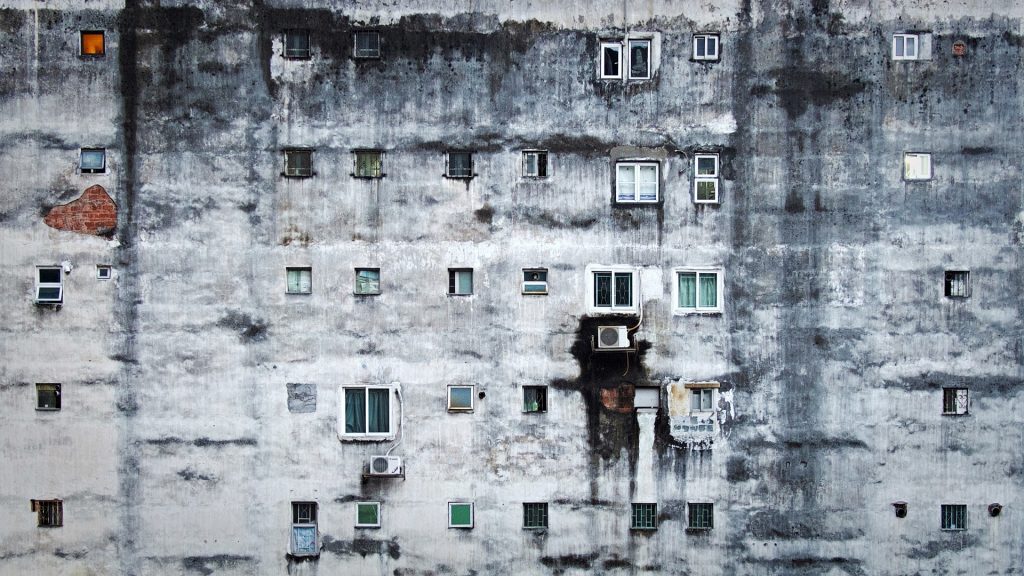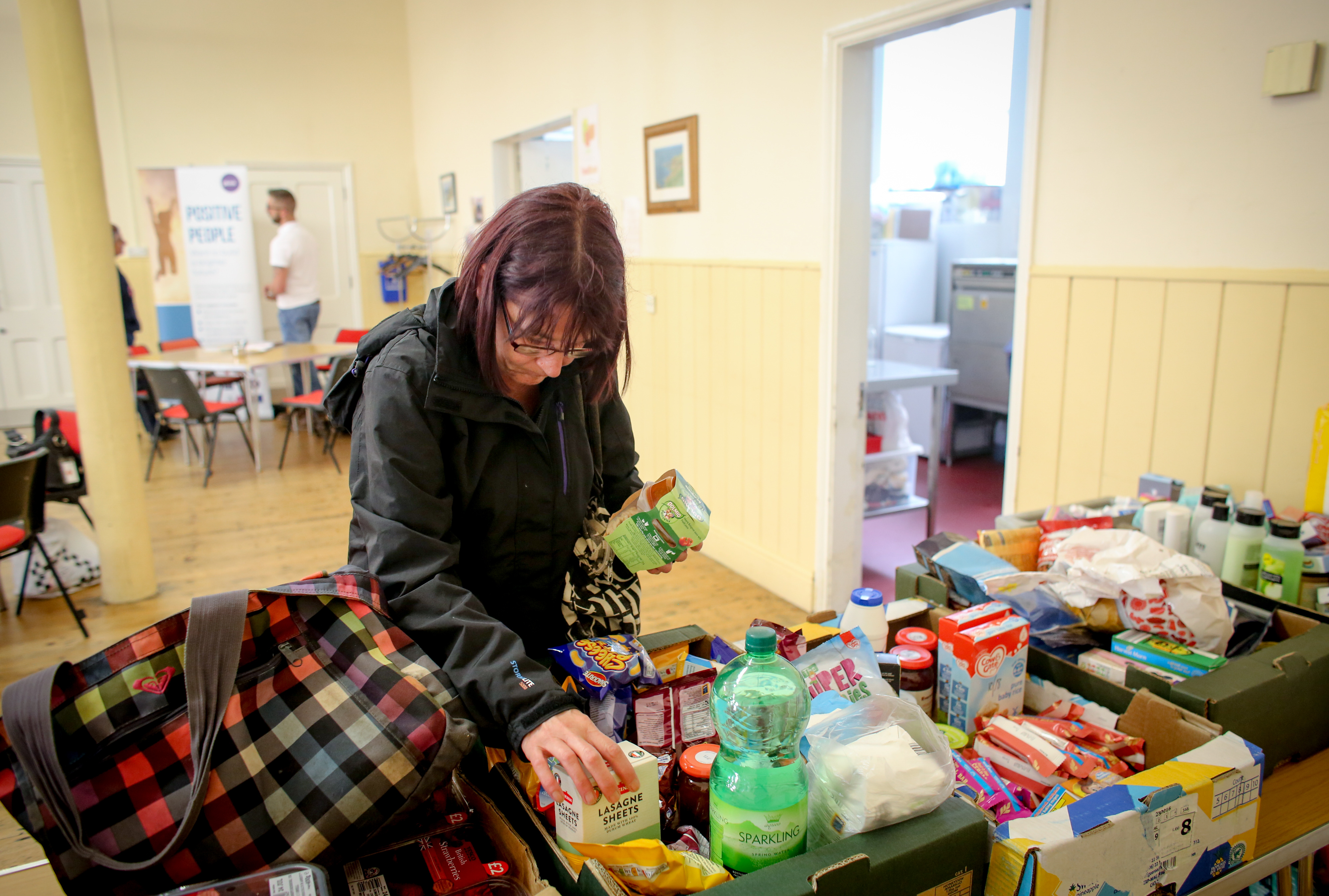Embed from Getty Images
A homelessness crisis. A food crisis. A debt crisis. All these crises are connected to and exacerbated by poverty. Despite being one of the richest countries in the world, there is a poverty crisis in the UK.
In the UK more than 10 million people were living in poverty in 2015-16, and between 2012 and 2015 three in ten people were at risk of poverty, including working families.
We may also be on the brink of a sharp rise in poverty, with child poverty continually on the up.
What is Poverty?

Image credit: Warren Wong / Unsplash
Definitions of poverty vary, though it is generally understood as the state of being extremely poor. The Office for National Statistics considers a household to be in poverty if their income falls below 60% of the national median in the current year (after tax), taking into account the size and composition of the household.
Whilst low income is common to most definitions, it does not encapsulate the multifaceted nature of poverty: it has social, cultural and political aspects too. It relates to society, cultural assumptions and political policy. The Joseph Rowntree Foundation defines poverty as “when a person’s resources (mainly their material resources) are not sufficient to meet their minimum needs (including social participation)”.
What kind of poverty issues are there in the UK?

Image credit: Free Photos / Pixabay
One symptom of poverty is food banks: there are at least 2,000 food banks operating in the UK, with demand rising for nine years in a row, which indicates that people increasingly cannot afford to buy food. People living in poverty may not be able to pay rent, leading to rent arrears, eviction, and homelessness. In 2015, more than 170 tenants were evicted every day in England and Wales. This is an increase of 53% from 2010.
To keep up with payments, many people seek help by borrowing money through loans and credit cards. In the UK, there is £200 billion of debt amassed on credits cards, car deals and other forms of loans. A survey by YouGov and Shelter found that one in three private renters borrowed money to pay rent. Although this debt is not limited to those living in poverty, it is indicative of the rise in living costs without a corresponding rise in wages.
Homelessness has, in recent years, significantly increased. Between 2010 and 2016, the number of people sleeping rough in England increased by 134%, and the number of people living in temporary accommodation increased by 60%.
There is a “deep social mobility problem” in the UK which makes getting out of poverty particularly difficult. The poorest people in society face fundamental barriers to lifting themselves out of poverty and up the societal ladder. For example, in the UK only one in eight children from low-income backgrounds are likely to become a high-income earner as an adult. Inequality, poverty and social mobility are, therefore, interlinked.
How Does Poverty Relate to Human Rights?

Image credit: Norman Toth / Unsplash
Many of the issues outlined above have implications for social and economic rights, such as the right adequate housing and food, peaceful enjoyment of property, and health. Poverty can also be caused by insecure, unfair and low-wage working conditions arising from weak employment regulations, which breaches the right to just work. These rights are contained in the International Covenant on Social, Economic and Cultural Rights.
However, as we have explained in a previous post, the Human Rights Act incorporates the European Convention of Human Rights into domestic law, which mostly consists of civil and political rights. Thus, technically rights such as the right to housing are not afforded the same protection as, for example, the right to life and to be free from inhuman and degrading treatment. However, in practice cases of extreme poverty can violate civil and political rights as well as social and economic rights.
Some groups are more at risk of poverty than others, such as single parents, disabled people, and certain ethnic groups. Where government policies exacerbate poverty for certain groups, the right to be free from discrimination may be engaged; one example can be found in a case earlier this year.
Under human rights law, the state has a duty to protect, respect and fulfill human rights. Poverty can amount to a violation of numerous human rights and, therefore, it is essential that the state addresses it. Moreover, human rights champion the values of equality and dignity. Poverty is an affront to these values, and therefore to the very values that human rights are founded upon.
How Can We Eradicate Poverty?
 Image Credit: Free Photos / Pixabay
Image Credit: Free Photos / Pixabay
There is no “silver bullet solution” that can eradicate poverty. The numerous issues that arise from poverty and the causes of poverty must be addressed. Potential solutions put forward include more social housing, the strengthening of employment rights and a more effective system of welfare.
Sometimes solutions to poverty can be part of the problem though. For example, the introduction of universal credit has attracted widespread criticism. Moreover, at present, the inequality in our society means that our system is skewed to favour the privileged. We must strive for an equal and fair society, where people have equal opportunities to succeed regardless of class.







